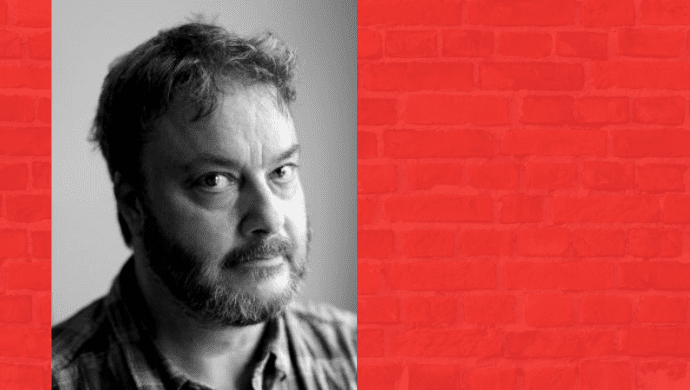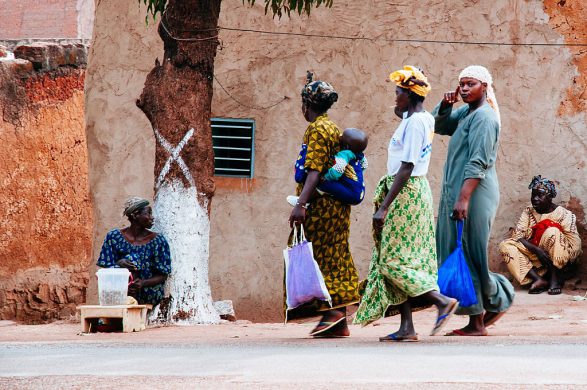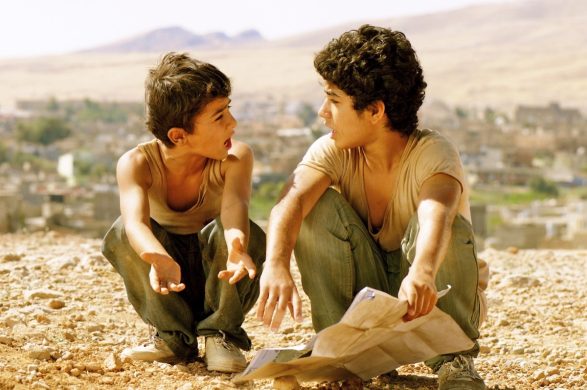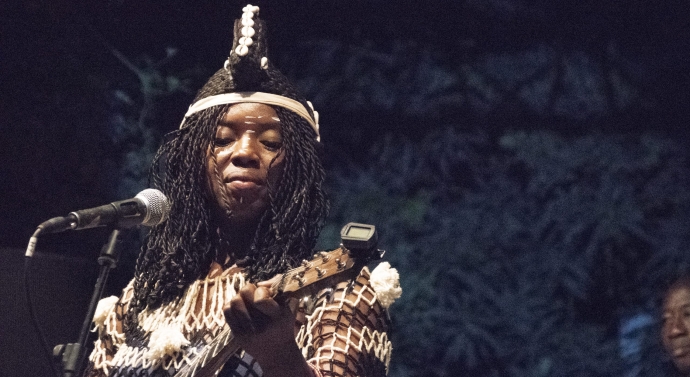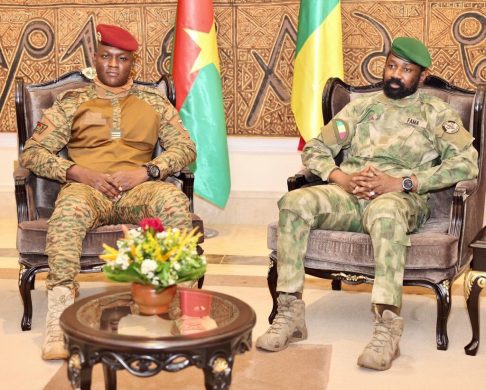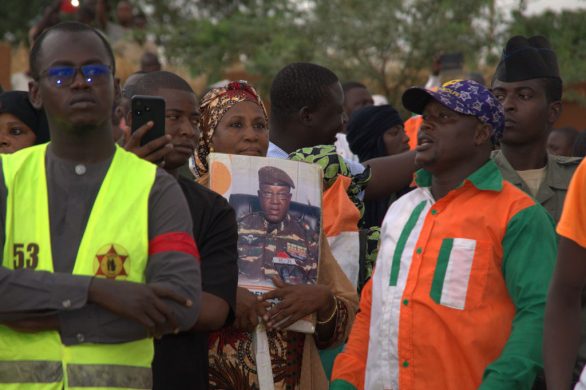GENEVA, 17 April, 2018 (UNHCR): This is a summary of what was said by UNHCR spokesperson William Spindler – to whom quoted text may be attributed – at today’s press briefing at the Palais des Nations in Geneva.
UNHCR, the UN Refugee Agency, is alarmed at a spike in intercommunal violence in central Mali which over the past weeks has driven some 3,000 people into neighbouring Burkina Faso.
Dozens of people have been killed in clashes between the Dogon and Peul communities since February, and homes and other property have been destroyed, mainly in the Koro area of central Mali’s Mopti region.
The violence led 3,000 people to flee across the border into Burkina Faso’s Nord Region between mid- February and early April. The new arrivals add to some 24,000 Malian refugees who have found refuge in Burkina Faso since the start of the Mali conflict in 2012.
UNHCR frygter mere vold og flere flygtninge
With extremist and inter-communal violence on the rise UNHCR now fears more displacement and increased humanitarian needs.
The new arrivals in Burkina Faso include 2,000 Malian citizens as well as 1,000 Burkinabe who had been living in Mali for many years. With many afraid to travel by road, for fear of kidnappings and murder, they arrived via unofficial border crossings, on foot or in light vehicles.
The new displacement adds to the challenges faced by people of the region. Food insecurity is high due to a lack of rain affecting crops. Health facilities are equally overstretched, with gaps in medicines and staff.
Hosted by friends or relatives, the new arrivals are staying in areas that are hard to reach. UNHCR is urging them to move to a camp further away from the border, where they could be registered and have access to basic social services.
This would also afford better protection, as insecurity is rising in the north of Burkina Faso, with recurrent acts of banditry and violence in areas that are hosting Malian refugees. Refugees have no work opportunities, in order to sustain themselves, and parents are afraid to send their children to school.
Mange på flugt inden for Malis grænser
Insecurity in northern Burkina Faso has also led to internal displacement. It is reported that several thousand Burkinabe in the Soum province of the Sahel region have left their homes, fleeing southwards or to the east inside the borders of their country.
Together with the authorities, UNHCR is working to relocate to safe zones refugees settled in spontaneous sites. We are also working to assist vulnerable people, such as the elderly, single women and children. Distributions of basic relief items and provision of long-term support are urgently needed, especially for the youth.
Currently, UNHCR operations in Burkina Faso are only funded by 8 per cent. An additional US$22.9 million is needed to help in 2018.




